2014 by the Board of Trustees
of the University of Illinois
All rights reserved
Manufactured in the United States of America
1 2 3 4 5 C P 5 4 3 2 1

This book is printed on acid-free paper.
is adapted from Jaime Schultz, Discipline and Push-Up: Female Bodies, Femininity, and Sexuality in Popular Representations of Sports Bras, Sociology of Sport Journal 21, no. 2 (2004): 185205.
Library of Congress Cataloging-in-Publication Data Schultz, Jaime.
Qualifying times : points of change in U.S. women's sport /
Jaime Schultz.
pages cm. (Sport and society)
Includes bibliographical references and index.
ISBN 978-0-252-03816-7 (hardcover : alk. paper)
ISBN 978-0-252-07974-0 (pbk. : alk. paper)
ISBN 978-0-252-09596-2 (e-book)
1. Sports for womenUnited StatesHistory. 2. Sports for womenSocial aspectsUnited States. 3. Women athletesUnited StatesHistory. I. Title.
GV709.18.U6S38 2014
796.082dc23 2013023555
Acknowledgments
I would like to begin by acknowledging Willis G. Regier, director of the University of Illinois Press and the person who really made this book possible. I first met Bill at a North American Society for Sport History conference. More accurately, Melvin L. Adelman made sure we met, and for that (and a host of other reasons) I am indebted to Mel. Since that first encounter, Bill has been generous with his support, advice, editing skills, and thoughtfulness. I am lucky to know him.
Bill also had the influence and acumen to convince Patricia Vertinsky and Sarah Fields to review drafts of this manuscript. I cannot think of two scholars for whom I have more respect. I am grateful for the time, energy, and insight they devoted to helping me see this project to fruition.
In truth, I have had a lot of assistance along the way. A number of archivists and librarians took time out of their busy schedules to help me sift through and locate sources, including Jeffrey Monseau and Betty Mann at the Springfield College Archives; Troy Growen at the International Tennis Museum and Hall of Fame; William Finley, head of the Special Collections and College Archives at the University of North Carolina at Greensboro's Jackson Library; Jason Speck, assistant university archivist at the University of Maryland Libraries; and David Kelly, a former librarian at the Library of Congress. A grant from the Martha Blakeney Hodges Special Collections and University Archives allowed me to travel to the University of North Carolina at Greensboro, and the University of Maryland's General Research Board provided a summer stipend so that I could devote my time to writing.
Several people were kind enough to read drafts of individual chapters and provide important feedback. Thank you to Susan Cahn, Mark Dyreson, Katherine Jamieson, Kris Newhall, Catriona Parratt, and Alison Wrynn. Thank you to Tad Ringo, senior editor at the University of Illinois Press, and Annette Wenda, copyeditor extraordinaire. Their careful and attentive edits were a tremendous help. There were also those who allowed me to interview them and advised me on ways to make this work stronger. To Martha Adams, Mildred Barnes, Bobbi Bennett, Jarnell Bonds, Della Durant, Joan Hult, Bev Johnson, Joan Johnson, Karen Johnson, Lucille Magnusson, Dorothy McKnight, Felecia Mulkey, Carole Oglesby, Roberta Park, Charlotte West, and Eula West, I express my most heartfelt appreciation.
Others have offered counsel, encouragement, and, most important, amity: Thomas Hunt, Maureen Smith, Rita Liberti, Chuck Korr, Russell Field, Malcolm Maclean, Gary Osmond, Murray Phillips, Dan Nathan, Sam Regalado, Doug Booth, Andy Doyle, Allen Guttmann, Wray Vamplew, Ronald Smith, Steve Gietschier, David Andrews, Damion Thomas, Pat Griffin, Jan Todd, Susan Brownell, Ellyn Barges, Karl Newell, and Scott Kretchmar. This list also includes my fellow graduate students at the University of Iowa who have remained friends over the years. I especially thank Shelley Lucas, Theresa Walton, Laura Chase, Bobbi Knapp, Jun-Nicole Matsushita, Penni Winberg, Kirsten Wolfe, Christina Johnson, and Amy Wilson.
It was at the University of Iowa, specifically in the Cultural Studies of Sport program (now part of the American Studies Department), that I really began to work on this project. There, I encountered wonderful mentors, including Dawn Stephens, Christine Grant, Bonnie Slatton, and Kathleen Janz, and my advisers, Susan Birrell and Catriona Parratt. I could not ask for better role modelsboth personally and professionally.
Since then, I have been fortunate to work with my own graduate students, and several played important roles in the writing of this book. Jennifer Collins's master's thesis on black elite female athletes and their hair was important for helping me think through my introductory chapter, and she was gracious enough to share her interview transcripts with me. Sarah Olson's research on competitive cheerleading was also invaluable. Sara Roser-Jones put in long hours helping me with the often-tedious work of digging up primary source material, and she did it with characteristic diligence and good humor. Andrew Linden helped me track down difficult resources and permissions in the final stages of this project, and I could not have finished without him.
I must acknowledge my family for its constant guidance, strength, and reassurance. Whether they like it or not, this includes the Heftys. Thank you for letting me be a part of your wonderful, wacky clan. As for my family who had no choice in the matter, well, if I could write as well as my grandmothers, Marcella Schultz and Bernice Tauber, this book would vastly improve. They were talented, smart, and inspiring women, and I am sorry I failed to finish sooner. I miss them dearly. To Gram Bee, I dedicate this book for reasons too numerous to recount. I love her muchly.
My little brothers, Rob and David Schultz, are smarter, funnier, and more accomplished than I will ever be. And I cannot imagine any child feeling more loved or supported than my parents, Robert and Deborah Schultz, have made me feel. I do not know what I have done to deserve so much goodness in my life, but I hope they never doubt how much I appreciate everything. Finally and above all, I thank Paul Hefty, my partner, my best friend, and Nella Bee's dad.


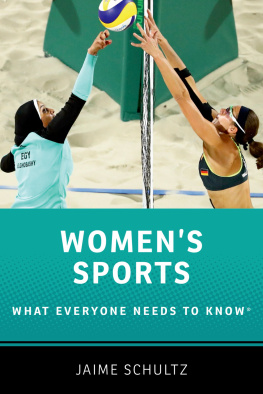
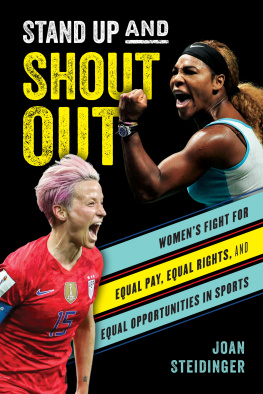
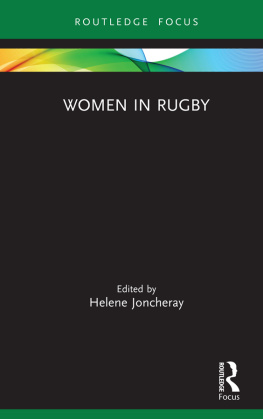
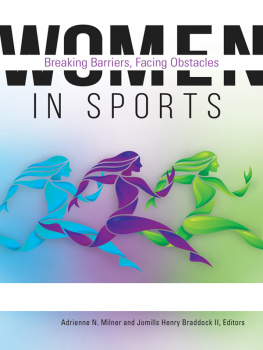

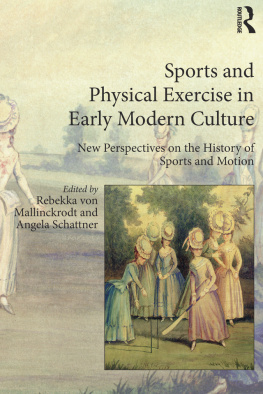

 This book is printed on acid-free paper.
This book is printed on acid-free paper.